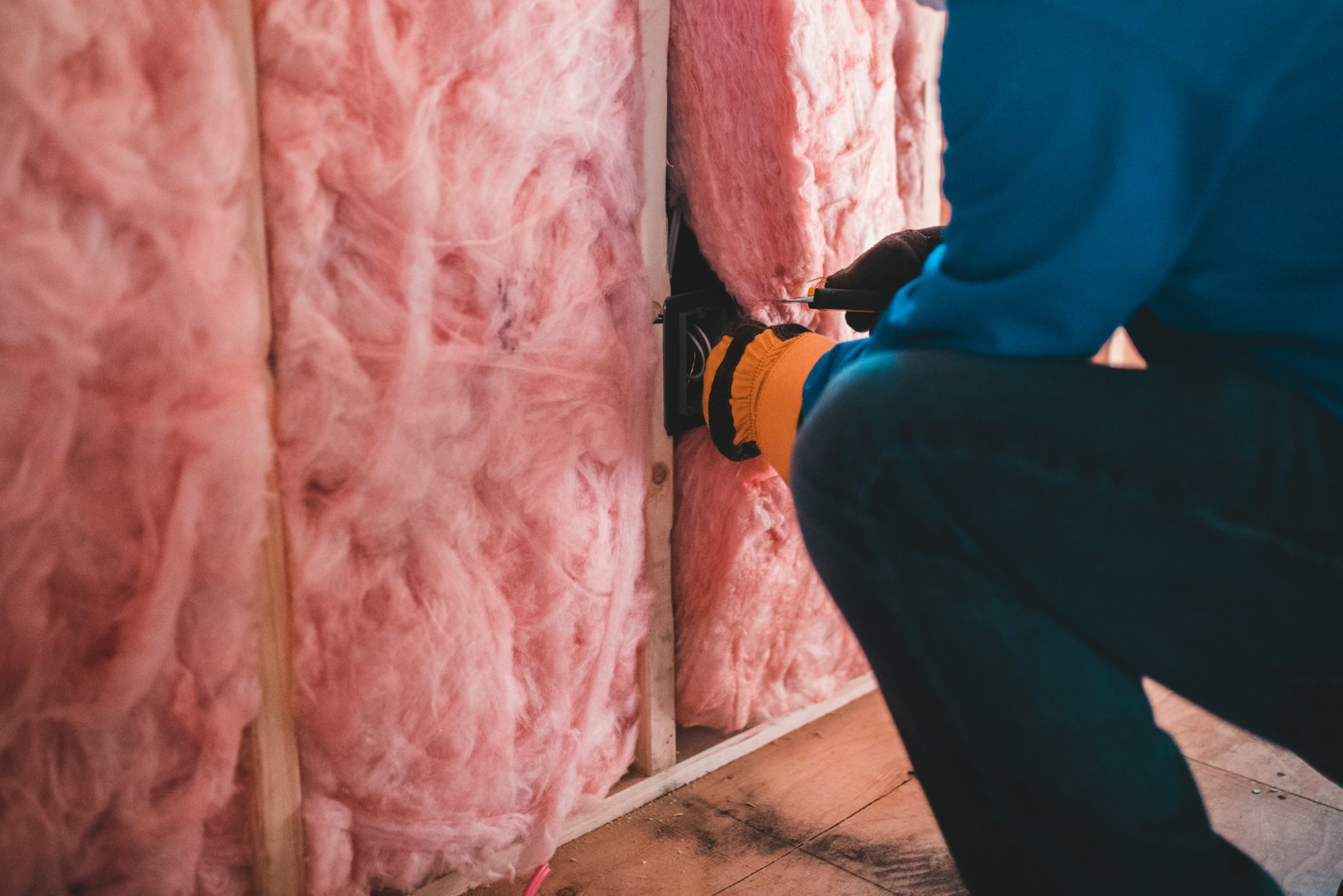Some of North Carolina’s largest housing developers are once again pushing the General Assembly to weaken building codes and roll back fire safety measures, all while trying to boost the building industry’s influence on the state’s appointed Building Code Council.
State legislators created the NC Building Code Council (NCBCC) in 1933 and authorized it to, in cooperation with the Commissioner of Insurance, prepare and adopt a State Building Code to “protect the public from dangerous and unsanitary buildings”. In 2013, legislators passed and Gov. Pat McCrory signed House Bill 120 into law, which shifted most of NC’s building and energy code updates from a three-year to six-year code cycle.
Supporters of the change, including the NC Home Builders Association and developers, cited the burden and costs of buying new code books and training building inspectors every three years, with an even higher impact on rural counties.
However, in recent years, legislators have approved substantial code changes annually, which subverts the responsibilities of the broad group of building experts currently serving on the NCBCC, frequently changing the rules and creating uncertainty for builders and contractors, not to mention the longtime, higher economic impact on NC home, apartment and building owners.
When presenting a new bill this legislative session – Senate Bill 166 – in committees and on the House floor, the lead supporter, Rep. Mark Brody (R-Union and a contractor), described it as our “annual” building code regulatory reform bill.

